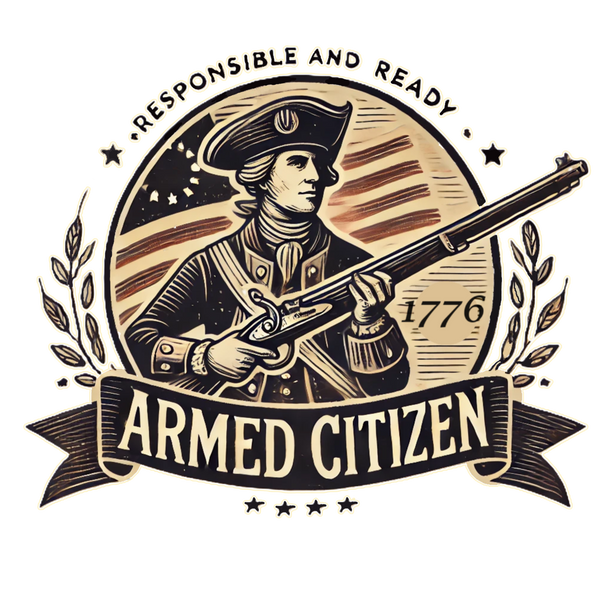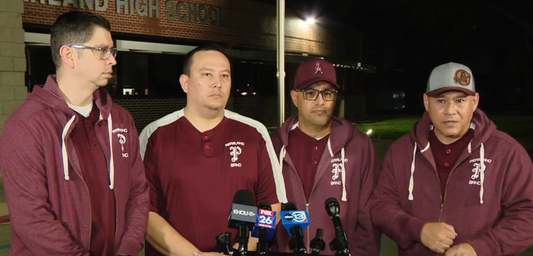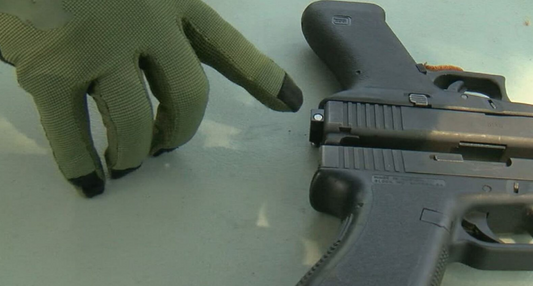
Supreme Court Declines to Hear Maryland Gun Licensing Case
Share
Image by Mark Thomas
The U.S. Supreme Court has declined to review Maryland’s controversial handgun qualification license (HQL) requirement, leaving in place a law that has sparked debate over Second Amendment rights. This decision is a significant moment in the ongoing battle between gun-rights advocates and state legislatures implementing stricter firearm regulations.
The Handgun Qualification License Requirement
Maryland's HQL mandates that residents undergo fingerprinting, a background check, and complete a gun-safety course before purchasing a handgun. Critics argue this creates unnecessary barriers, especially for low-income individuals, while proponents claim it helps ensure responsible firearm ownership.
For details on the HQL, visit the Maryland State Police Firearms Page.
Supreme Court’s Decision
The Court's refusal to hear the case leaves intact the U.S. Court of Appeals for the Fourth Circuit’s ruling, which upheld the HQL requirement. This decision aligns with prior Supreme Court precedents that support state-imposed measures like background checks and training courses under certain conditions.
For case details, see the SCOTUSblog coverage here.
Broader Implications
This outcome suggests states retain significant authority to impose firearm regulations, provided they meet constitutional standards. Gun-rights advocates view this as a missed opportunity to challenge laws they consider overly restrictive.
The Role of Civic Engagement
The Court's decision underscores the importance of civic engagement. Responsible gun owners should remain informed about local and national regulations and actively participate in legislative processes to ensure their voices are heard.



